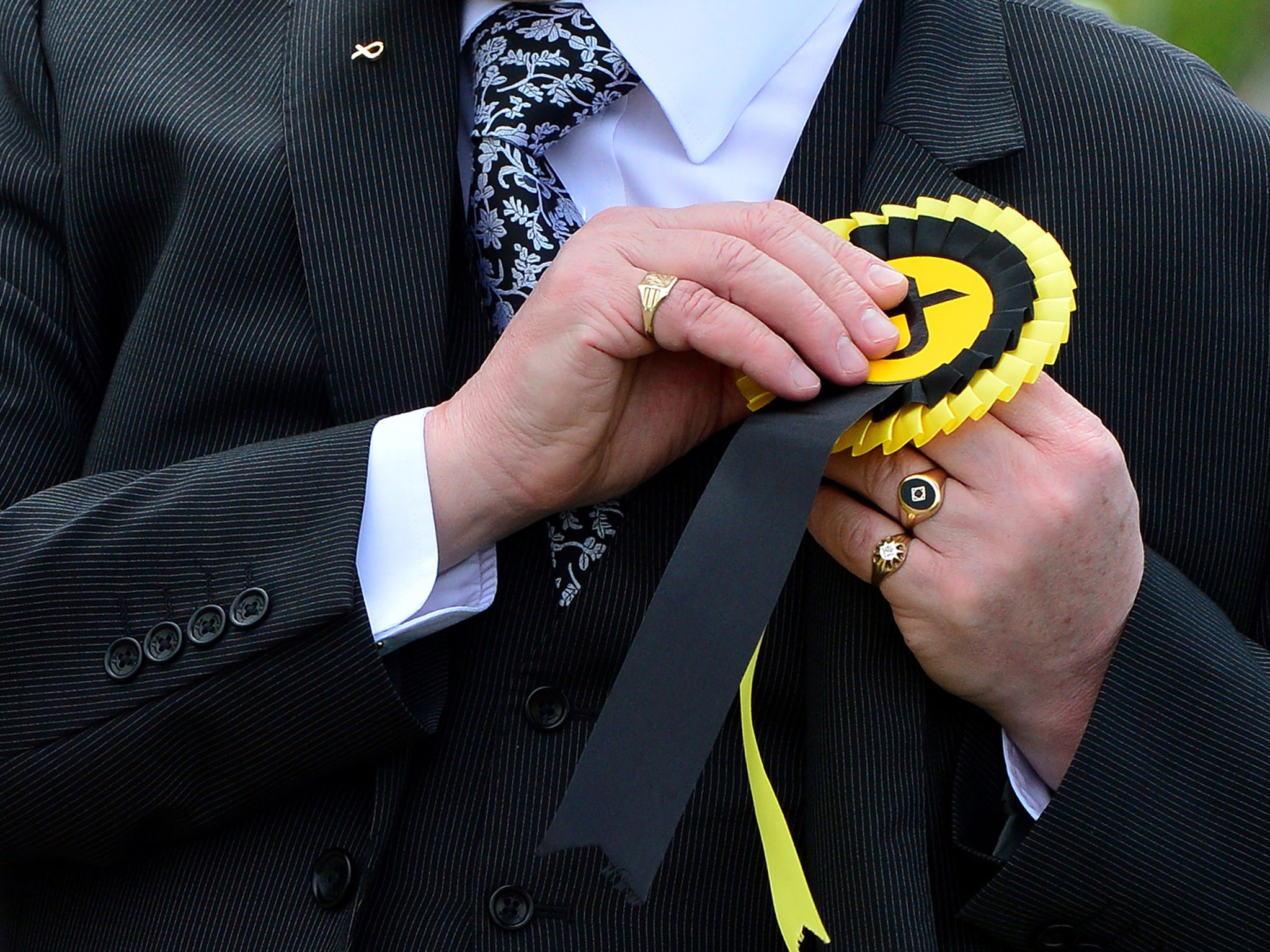English votes for English Laws could boost SNP's push for independence
There are doubts about whether this reform is really needed, and questions about which party stands to benefit most


Your support helps us to tell the story
From reproductive rights to climate change to Big Tech, The Independent is on the ground when the story is developing. Whether it's investigating the financials of Elon Musk's pro-Trump PAC or producing our latest documentary, 'The A Word', which shines a light on the American women fighting for reproductive rights, we know how important it is to parse out the facts from the messaging.
At such a critical moment in US history, we need reporters on the ground. Your donation allows us to keep sending journalists to speak to both sides of the story.
The Independent is trusted by Americans across the entire political spectrum. And unlike many other quality news outlets, we choose not to lock Americans out of our reporting and analysis with paywalls. We believe quality journalism should be available to everyone, paid for by those who can afford it.
Your support makes all the difference.At 7am on the morning after the Scottish people voted against independence last year, David Cameron destabilised Labour by announcing that his promise of new powers for the Scottish Parliament would be matched by “English votes for English laws” – EVEL for short.
After Conservative ministers were forced to tweak their initial plans, Mr Cameron’s pledge to England was honoured last night when proposals for an extra “English-only” consent stage restricted to English MPs was approved by the Commons.
This might not set pulses racing in the Dog and Duck, but it does matter. The Tories can claim a mandate for a move that was in their general election manifesto. They insist the “sensible and balanced” plans will strengthen, rather than weaken, the United Kingdom, by ending the anomaly under which Scottish MPs can vote on important issues like health and education affecting England, while their English counterparts have no say on such matters in Scotland.
Mr Cameron’s commitment to the Union is not in doubt. Yet there are doubts about whether this reform is really needed, and questions about which party stands to benefit most. This Government does not lack a Commons majority in England or the UK as a whole. But if a future government did not enjoy a majority in England, English MPs could throw a spanner in the works by blocking legislation and demanding concessions.
That might prove very useful to a future Conservative opposition which held most English seats – a perfectly plausible scenario. It could give the election loser huge power in a hung parliament. Despite Ed Miliband’s denials about a coalition, Labour and the Scottish National Party would have done a deal in May if they had had enough MPs to prise Mr Cameron out of Downing Street.
English votes for English Laws might give the remarkably popular SNP even more momentum towards independence. The SNP’s claim its MPs will now be “second class citizens” in a two-tier Commons will strike a chord north of the border. Mr Cameron’s clever move on the morning after would not look so clever then.
Join our commenting forum
Join thought-provoking conversations, follow other Independent readers and see their replies
Comments